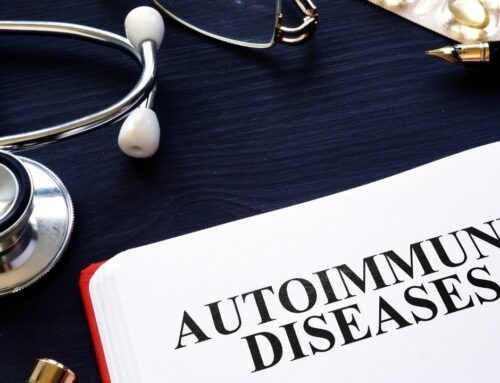Herbal therapy, embraced by China and other Eastern nations for centuries, is now gaining ground in Western medicine’s pursuit of natural alternatives with fewer side effects. Let’s discuss how herbal medicine is making strides in addressing common health concerns.
Galina Roofener, LAc, from the Cleveland Clinic, underscores the importance of treating Chinese herbs with the same caution as prescriptions. Before taking anything, she advises getting an evaluation from a qualified practitioner. During your initial examination, your acupuncturist will conduct a comprehensive health history to understand your concerns and determine the optimal use of herbs, complementing traditional acupuncture treatments.
Highlighting a key distinction, Roofener emphasizes that herbalists go beyond treating symptoms; they address the entire individual, considering symptom patterns. Acupuncturists, guided by the concept of “qi” or energy flow, don’t merely treat resulting symptoms but focus on resolving the underlying cause to restore complete health.
Roofener describes the Cleveland Clinic’s approach, emphasizing the use of traditional formulas with specific roles for each herb. Main active ingredients target primary complaints, while others address secondary issues, resulting in customized herbal formulas for each person. Additionally, Chinese herbs are available in various forms, including capsules, granules, teas, liquids, or powders, providing versatile options for personalized care.
What the Research Says
Exciting recent research studies explore herbal medicine’s potential, focusing on Chinese herbs and acupuncture to enhance cognitive function in Alzheimer’s disease. A 2021 study suggests integrating these approaches to improve outcomes for AD patients. According to the abstract, Alzheimer’s is viewed in Traditional Chinese Medicine (TCM) as a neurodegenerative disease with various causes. TCM considers the human body a self-controlled system network, attributing diseases to imbalances in “yang qi” and “yin qi,” leading to organ non-homeostasis. Acupuncture, with its 12 main meridians and 365 acupuncture points, aims to increase qi and treat specific diseases. Chinese herbal medicine, based on syndrome differentiation (“Zheng”), contrasts with the cause-oriented approach of Western medicine, aligning with Roofener’s theory that herbalists address the whole body, not just symptoms.
What can Herbs Treat?
Chinese herbal medicine, combined with acupuncture, can treat a variety of health concerns including seasonal allergies, the side effects of cancer treatments, autoimmune disorders, digestive issues, infertility, menopause, and sleep disorders.
Lastly, as for the safety of taking herbs, Roofener has done extensive research on the safety of herbs and notes that, “over a 7-year study, we did not have a single lab result show kidney or liver problems. And out of 333 patients, we had just five very mild cases of itching or shortness of breath due to allergic reactions.”
What to Expect
Of course, at your first appointment, your acupuncturist will go over a detailed health history, including current and past health issues. They will discuss any medications you are currently taking because some herbs and drugs may not interact well together. Your whole health team, doctor and acupuncturist, should be checking your progress regularly to ensure everything is progressing normally.
If you are curious what herbal therapy might do for you, talk to your acupuncturist today to see what options are available to you. It just might be the natural solution you’ve been looking for.







Leave A Comment